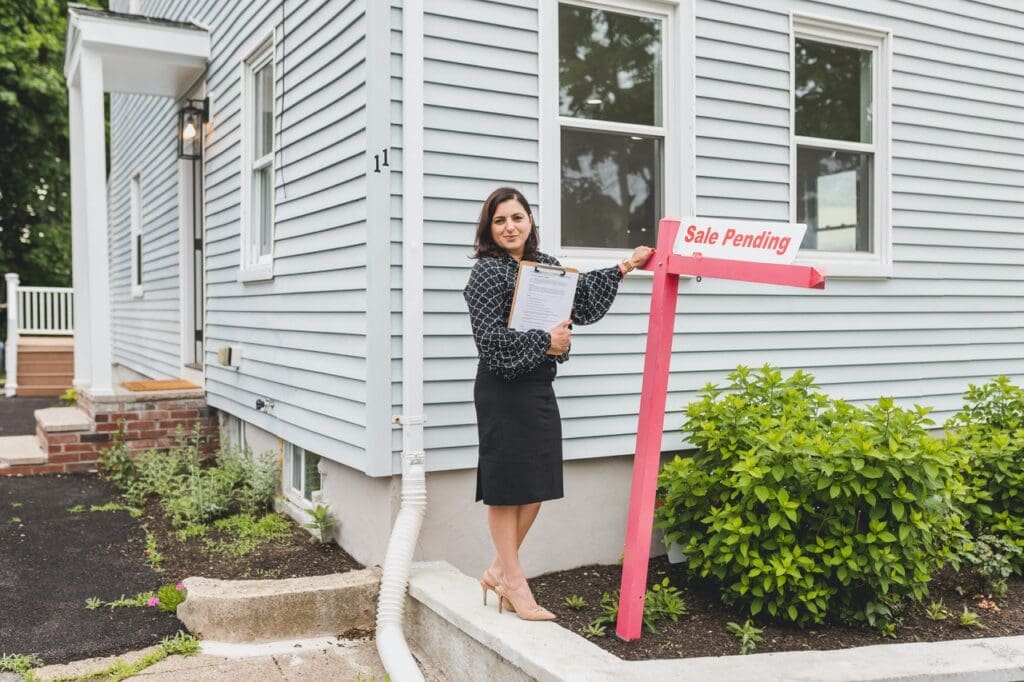Property conveyancing Sydney refers to the legal process of transferring real estate ownership. You’ll need to go through a conveyancing process before moving in and claiming a property. The following are necessary for transferring ownership of the house and property to your name:
- Financial costs;
- Administrative tasks and;
- Legal efforts
The Conveyancing Act 1919 NSW amends and consolidates property law. This Act simplifies and improves the practice of conveyancing. Conveyancing might appear to be a major hurdle on the road to house ownership. However, knowing what to expect makes property conveyancing in Sydney easier to explore. Let’s look into this article on how property conveyancing in Sydney works.
Property Conveyancing Sydney: What Does A Conveyancer Do?
A conveyancer is an expert who oversees all aspects of the property transfer procedure. They’ll take care of the paperwork, and contact sellers and lenders on your behalf. Conveyancers are also knowledgeable about property conveyancing in Sydney. This involves:
- Organising inspections of buildings
- Inquiring about any regulatory concerns with the property from the sellers
- Taking a walk around the block to make sure the borders are clear
- Examining the sales contract
Remember that just because you can accomplish property conveyancing in Sydney on your own does not mean you should. Relatively, DIY conveyancing kits are less expensive. However, this might wind up costing a lot more if done poorly.

The Process Of Property Conveyancing Sydney
1. Contract Of sale
Every property on the market requires a properly designed contract of sale. The contract includes important details like mandated disclosures. Additionally, contracts of sale include structural concerns and house certifications.
2. Offers
The buyer can make an offer if the home appears to be a suitable fit. The seller may accept the offer directly or begin talks to reach an agreement on a price.
3. Deposits
A formal deposit will be made later. However, a motivated buyer may pay a non-refundable ‘holding fee’ now. This does not ensure their claim to the house, but it does show that they are serious about the deal.
4. Taking out insurance
Although the seller is liable for the property until settlement, purchasers are normally encouraged to obtain insurance as soon as the money is received. Lenders frequently need proof of insurance as a condition of settlement.
5. Exchanging contracts/deposit payments
Both sides receive a final copy after contract negotiations. After this, the buyer makes their formal deposit. In most cases, this is 10 percent of the sale price. Then, the leftover funds from modifications and other fees are paid at the conclusion of the case.
The Next Steps
6. Cool-off period
The cooling-off period allows the buyer to finish their financing applications and conduct any final property inspections. If the buyer changes their mind during this time, they have the right to cancel the contract. The cooling-off period does not apply to auction properties.
7. Transfering of titles
The buyer’s conveyancer or solicitor prepares a formal transfer document. Both parties must sign this document. Around this time, the buyer also pays stamp duty for the transfer itself. However, depending on your lender’s terms and conditions, you may be able to pay costs on the settlement day.
8. Setting times for completion
Both parties then agree on a settlement time frame. This might range from 30 days to 6 weeks depending on the state. Off the plan conveyancing require construction completion. Additionally, this requires drawing up a new title.
If the settlement must be completed by a certain date, certain contracts will state that “time is of the essence”. Dissolving the contract and forfeiting the deposit is possible. This is if either party fails to fulfil the deadline.
9. Requisitions on title
The buyer’s conveyancer has the right to assess the property for any faults like:
- Boundary disputes;
- Contamination;
- Defects or;
- Renovations
If severe flaws are discovered, the buyer has the option to cancel the contract, negotiate a price, or sue for damages.
10. Discharge of mortgage
When purchasing a mortgaged home, the lender must provide a payment sum and be present at the closing to properly discharge the mortgage.
The Final Steps
11. Adjustment phase
Any extra expenditures and monies owed to each party are calculated during the adjustment process. The buyer, for example, might be forced to refund the seller for yearly strata fees that have already been paid for the year.
Strata title is an Australian property ownership type that allows individuals to own shares in a bigger property or structure. Finally, council rates, utilities, and rental income may all be factors to consider.
12. Settlements
The transaction is complete after the buyer has paid the remaining amount of their deposit and all adjustments have been made. A final title check ensures the following:
- Mortgage discharges
- Elimination of third parties
- Satisfaction of all conditions
13. Post-settlement
The buyer pays stamp duty right after settlement if they haven’t done so. It cannot be registered in their name until the property is paid for. When all necessary payments are made, the buyer submits all conveyancing papers to the Land Titles Office. This includes the:
- Transfer of title
- Seller’s mortgage
- Buyer’s new mortgage

Conveyancers Vs Solicitors
As mentioned, conveyancers are experts who handle property transfers. However, conveyancing is their only field of expertise. Whereas, a solicitor can provide the same services while handling legal disputes.
A conveyancer who isn’t a solicitor can’t provide you with legal advice. To sum it up, a solicitor can help you with the terms of your sales contract or tax. This implies that solicitors can back you up in a more efficient manner than a conveyancer.
Our Team Of Solicitors And Conveyancers
Our seasoned solicitors at JB Solicitors can help with your property conveyancing Sydney needs. What’s more, we save you the hassle of dealing with a mountain of legal paperwork on your own. Our conveyancing services can ease contract arrangements and title transfers. Our fixed fees also help you save the worry of the related costs in conveyancing.
Contact us for your matters about property conveyancing in Sydney
